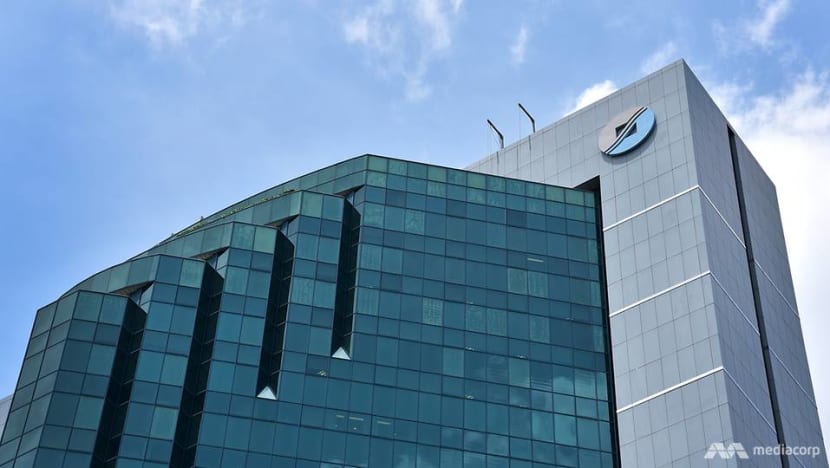IRAS introduces new frameworks to help companies manage corporate tax and GST matters

A view of the Revenue House, where the Inland Revenue Authority of Singapore is located. (Photo: CNA/Gaya Chandramohan)
SINGAPORE: The Inland Revenue Authority of Singapore (IRAS) has introduced two new tax frameworks to help companies manage corporate tax and Goods and Services Tax (GST) matters, it announced on Friday (Mar 18).
The Tax Governance Framework and the Tax Risk Management and Control Framework for Corporate Income Tax will help companies "strengthen tax compliance", said IRAS, adding that the two frameworks complement the existing GST Assisted Compliance Assurance Programme.
"Together, they provide a suite of voluntary compliance tools that companies can adopt holistically or as independent programmes, depending on their readiness and business needs," said IRAS.
The Tax Governance Framework focuses on strengthening the tax governance standards and elevating them to the Board level.
It features a set of broad principles and practices around three main building blocks of good tax governance - compliance with tax laws, governance structure for managing tax risks, as well as relationship with tax authorities.
The framework is applicable to both Corporate Income Tax and GST. It can be adopted by any company willing to commit to good tax governance.
Meanwhile, the Tax Risk Management and Control Framework for Corporate Income Tax is targeted at large companies with "complex structures and business models", said IRAS.
This framework guides these companies in establishing "robust" internal controls and processes to identify, mitigate and monitor key corporate income tax risks.
It comprises a self-review checklist featuring processes and measures that would demonstrate that sound controls are in place to manage tax risks, such as the tax governance structure, entity level-controls and tax reporting controls.
COMPANIES ENJOY BENEFITS IF AWARDED STATUS
Companies will get to enjoy benefits if they were awarded statuses under the two frameworks, said IRAS.
Under the Tax Governance Framework, companies that attain the TGF status can enjoy a longer grace period for voluntary disclosure of tax errors.
They can enjoy a one-time extended grace period of two years for voluntary disclosure of corporate income tax or withholding tax errors made, or both, within two years from the date of award of the status.
For GST-registered businesses accorded the Assisted Compliance Assurance Programme status, they can enjoy a one-time extended grace period of three years for voluntary disclosure of GST errors made within two years from the date of award of the TGF status.
For GST-registered businesses without ACAP status, they can enjoy a one-time extended grace period of two years for voluntary disclosure of GST errors made within two years from the award of the status.
As for eligible companies that attain the status under the framework for corporate income tax, they can enjoy a one-time waiver of penalties for voluntary disclosure of prior years' corporate income tax or withholding tax errors or both.
They can also enjoy a step-down on corporate income tax compliance audit for three consecutive Years of Assessment from the date the tax authority awards the status.
Commissioner of Inland Revenue Ng Wai Choong said IRAS "strongly" encourages companies to adopt all three frameworks to ensure "proper" internal controls and systems are in place to manage their tax risks.
"By doing so, companies will give confidence to their stakeholders that they are effective in managing tax risks and transparent with their tax matters, as well as enjoy lower compliance costs in the long run," said Mr Ng.
More details on the eligibility criteria and the application process for the two frameworks can be found on the IRAS website. For enquiries, companies can contact the IRAS helpline at 1800 356 8622 or email ctmail [at] iras.gov.sg.















